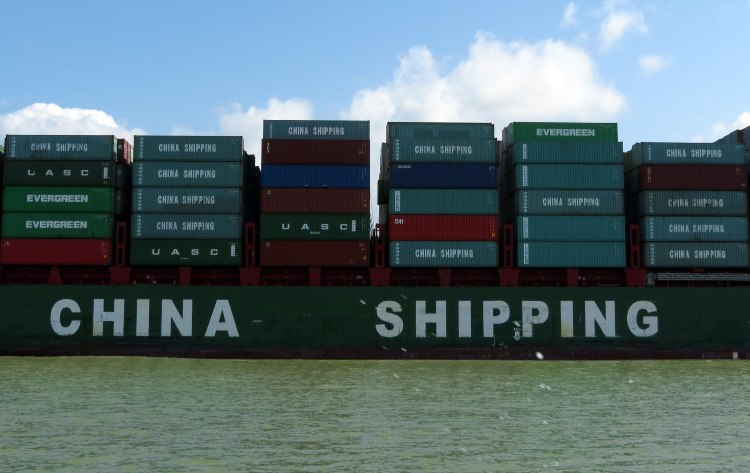WRAPUP 2-Trump and Beijing officials announce tariff rollback deal; farm purchases unclear

U.S. President Donald Trump and Chinese officials said Friday that they have agreed to a "phase one" trade deal that included cutting U.S. tariffs on Chinese goods.
But they offered no specific details on the amount of U.S. agricultural goods Beijing had agreed to buy, a key sticking point of the lengthy deal negotiations. "We have agreed to a very large Phase One Deal with China," Trump said on Twitter Friday morning.
Officials in China have "agreed to many structural changes and massive purchases of Agricultural Product, Energy, and Manufactured Goods, plus much more," he said. The U.S. has agreed to suspend tariffs on $160 billion in Chinese goods due to go into effect on Dec. 15, Trump said, and cut existing tariffs to 7.5%. The agreement covers intellectual property, technology transfer, agriculture, financial services, currency, and foreign exchange, the United States Trade Representative said in a statement Friday morning.
The United States will maintain 25% tariffs on $250 billion of Chinese imports, but cut tariffs in half to 7.5% on $120 billion in imports, the USTR said. In a press conference on Friday night in Beijing, Chinese officials said the two countries have achieved major progress in their phase one trade negotiations and agreed on the text of a phase one deal.
China will import more U.S. wheat and corn after the deal, China's vice agricultural minister said. The U.S. has been pushing for Beijing to commit to buy $50 billion in agricultural products in 2020, a figure that Chinese officials have previously balked at.
Asked specifically about the $50 billion figure, officials in Beijing said details on value will be disclosed later. The deal will provide more protection for foreign companies in China, and Chinese companies in the United States, Chinese officials said.
(This story has not been edited by Devdiscourse staff and is auto-generated from a syndicated feed.)
- READ MORE ON:
- Chinese
- Donald Trump
- Beijing
- USTR
ALSO READ
US Coast Guard says boardings of Chinese fishing vessels in South Pacific legal
US Coast Guard says boardings of Chinese fishing vessels in South Pacific legal
Taiwan says it detected 10 Chinese military aircraft, 7 naval vessels around nation
UPDATE 4-EU to investigate Chinese wind turbine suppliers
Chinese President Xi meets former Taiwan leader Ma Ying-jeou on pro-unification visit










